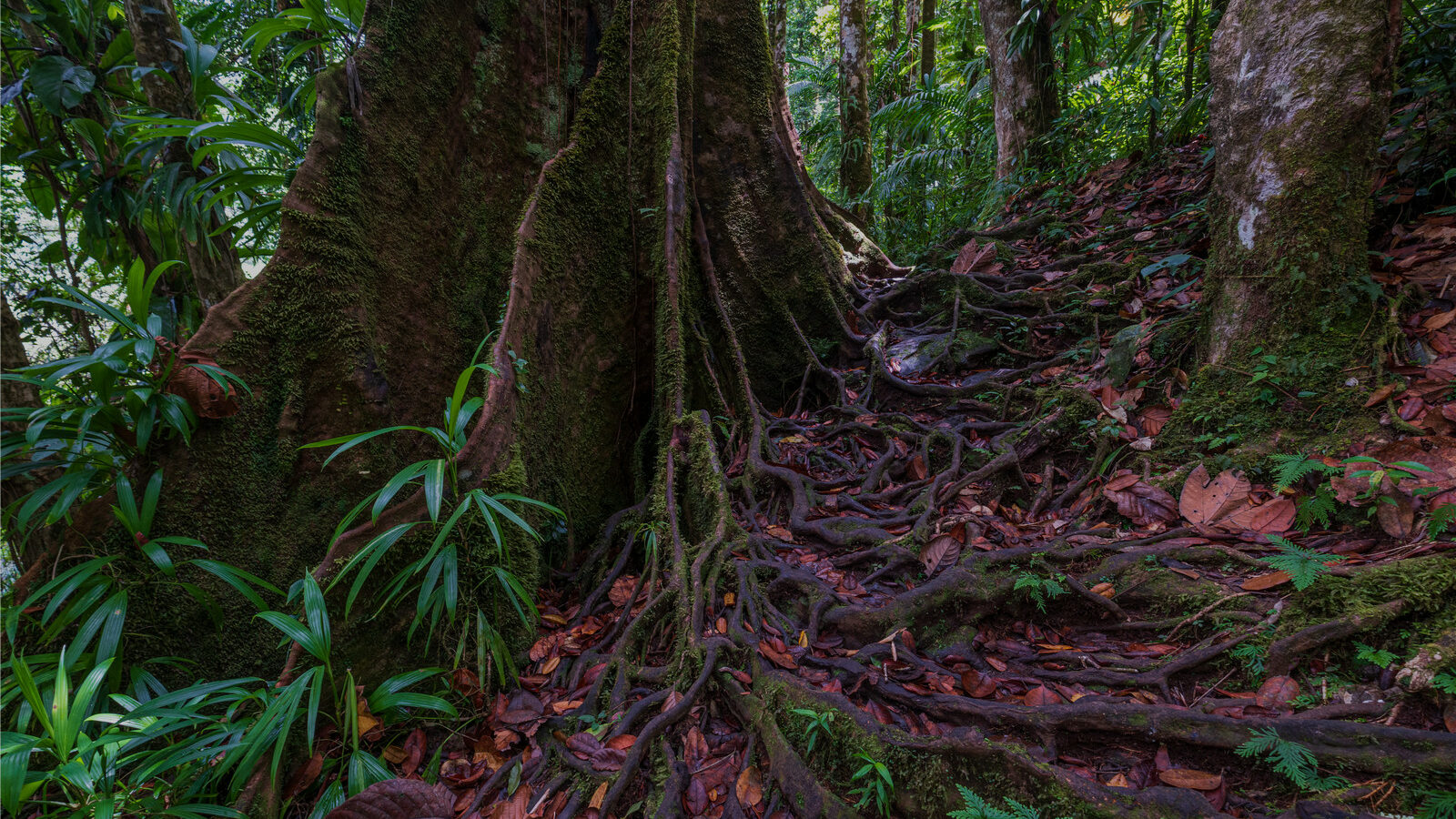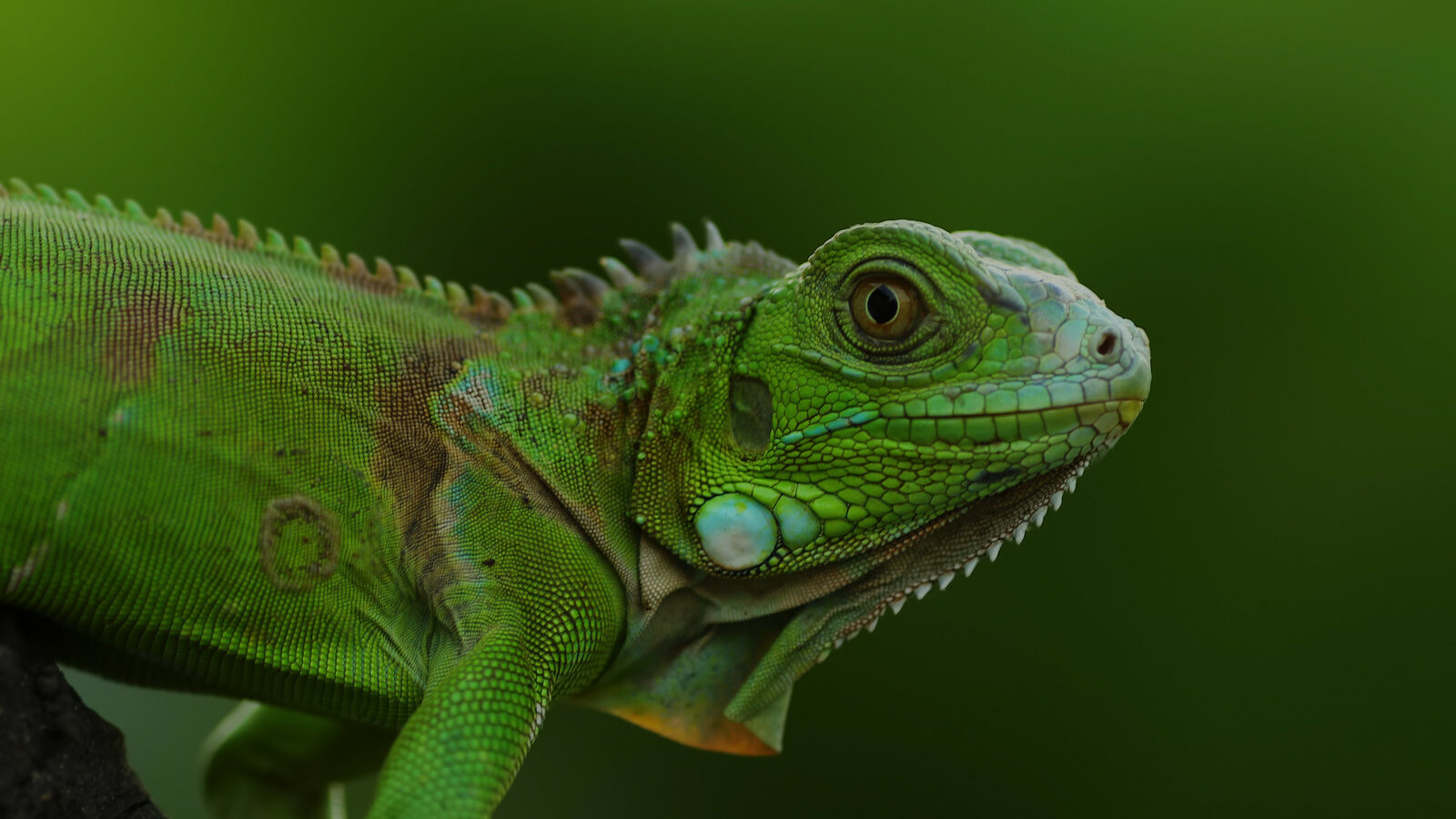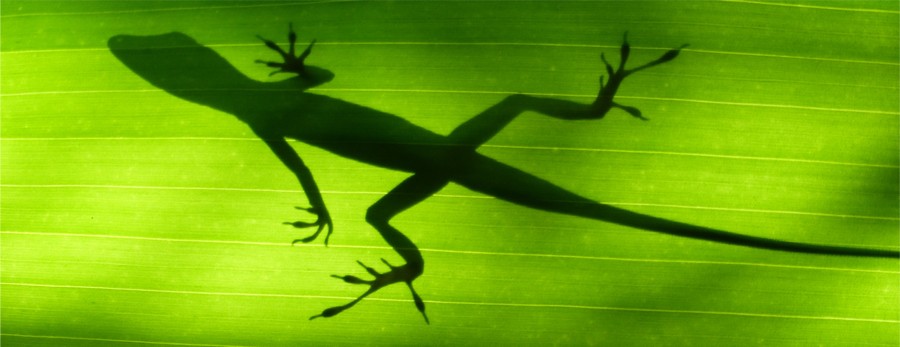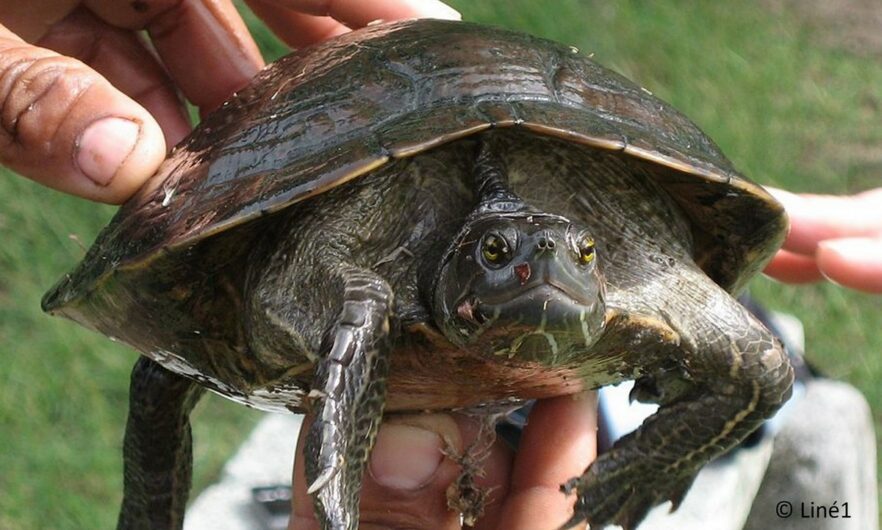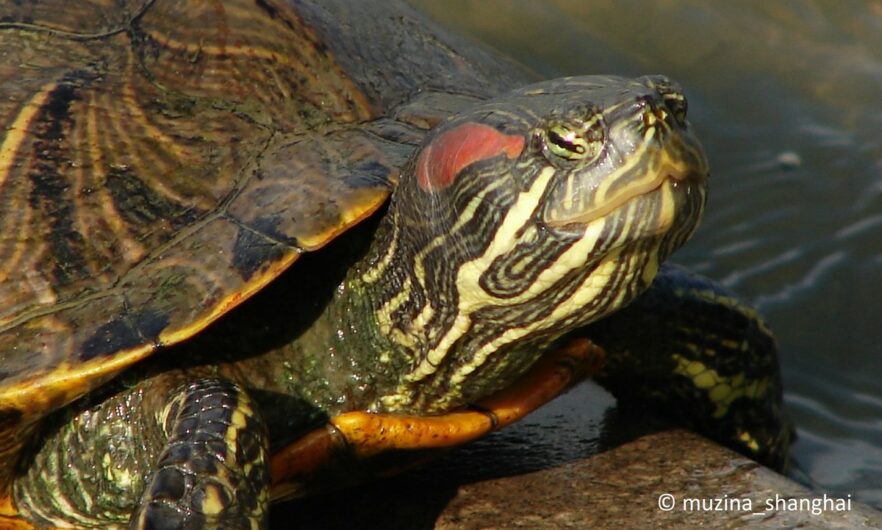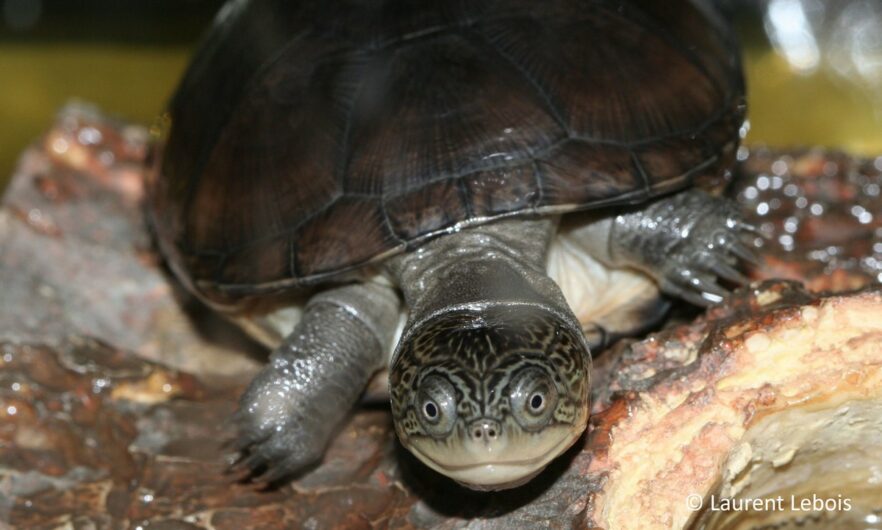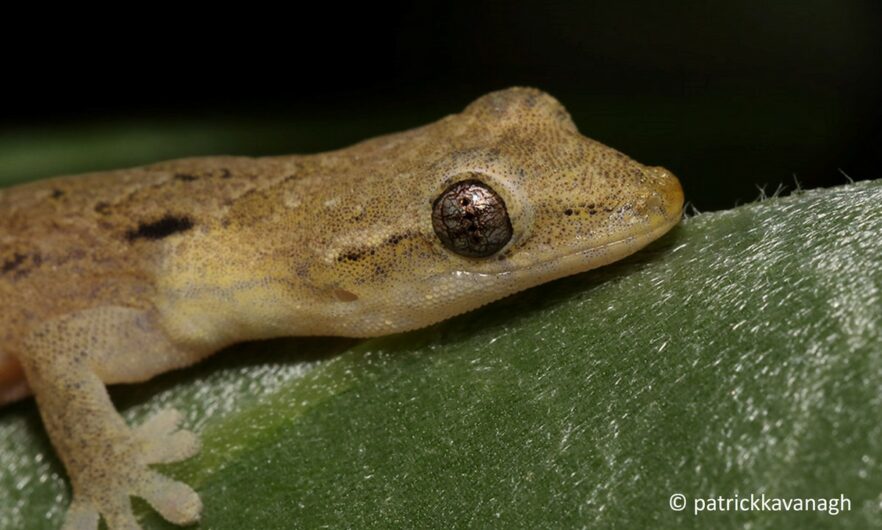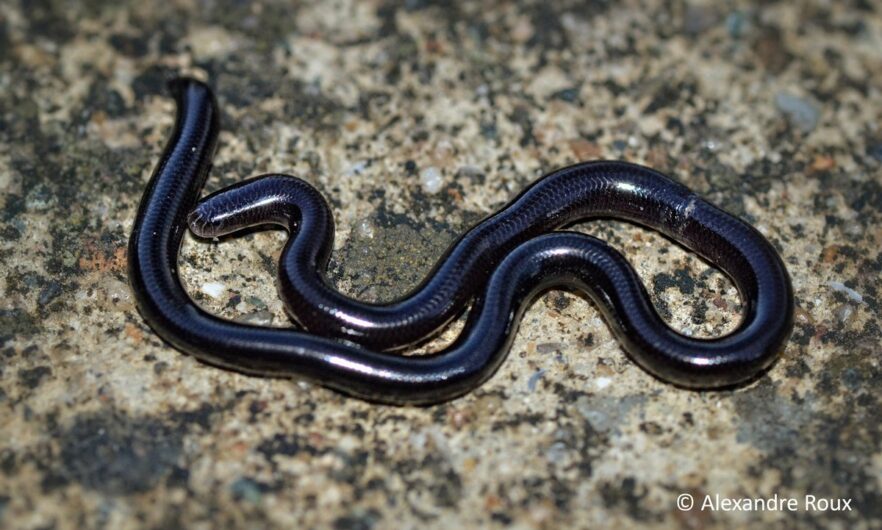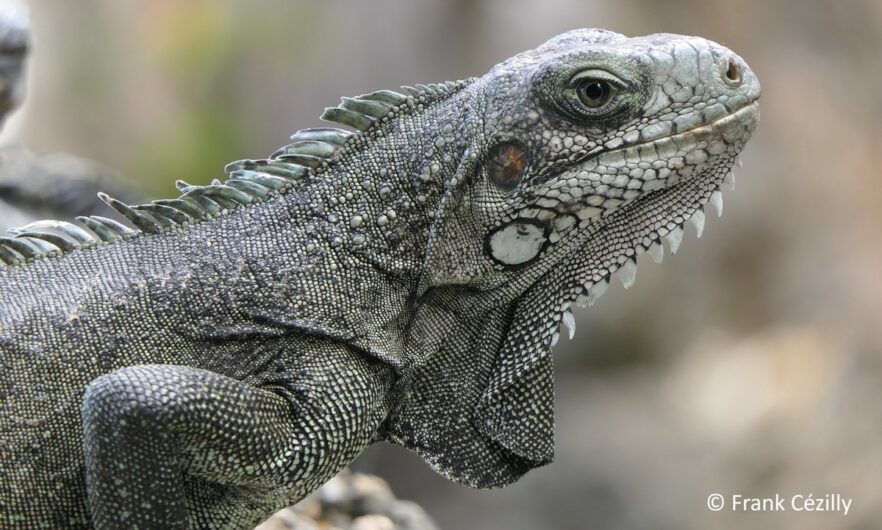Increasing knowledge on invasive exotic species to anticipate the risks and adapt management measures.

Objectives
The insular Caribbean is home to an exceptionally rich and unique biodiversity, that faces many threats. Because of its island ecosystems, Caribbean biodiversity is particularly exposed to the threat of invasive exotic species. Among these species, reptiles have received relatively little attention from scientists and managers, unlike species considered more spectacular, such as mammals or lionfish. However, several species of reptiles have already invaded many Caribbean territories, at the expense of native species. The risk of an increased invasion or the arrival of new invasive species is further accentuated by the trade in exotic reptiles, air and maritime traffic between the islands and with the mainland, as well as mass tourism. As a result, it is urgent to increase our knowledge about these species and their invasion dynamics, in particular to be able to adopt appropriate management measures.
The MERCI project aims to complete scientific knowledge about several species of invasive exotic reptiles: geckos, anole lizards, freshwater turtles and iguanas. It also aims to implement concrete actions allowing the monitoring of these species, their management in the field, and more effective preventive measures in the territory of the Lesser Antilles (Guadeloupe, Dominica, Saint Lucia, Saint Vincent and the Grenadines ).
Our research projects
Invasive exotic geckos
Invasion dynamics and impact of invasive exotic gecko species in the French West Indies
Common Iguana
Strengthening control of the common iguana populations in Dominica, Saint Lucia and Saint Vincent and the Grenadines
Freshwater turtles
Impact of exotic freshwater turtles of the genus Trachemys on the biodiversity of freshwater environments in the French West Indies: implications for species management.
Exotic anole lizards
Increasing knowledge on exotic anole lizards to understand their impact on other species in the Lesser Antilles
Partners
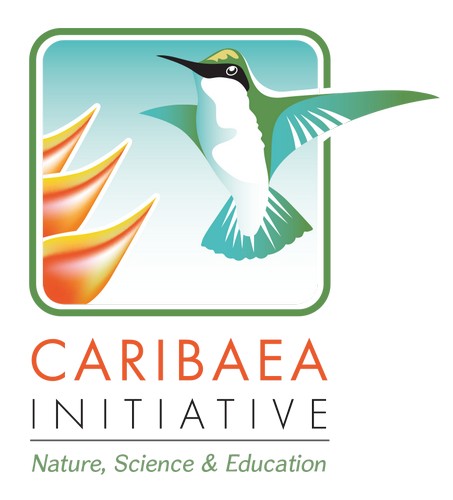
Caribaea Initiative
General coordination of the project

Université de Bourgogne
Support for scientific expertise and training of students and technical staff
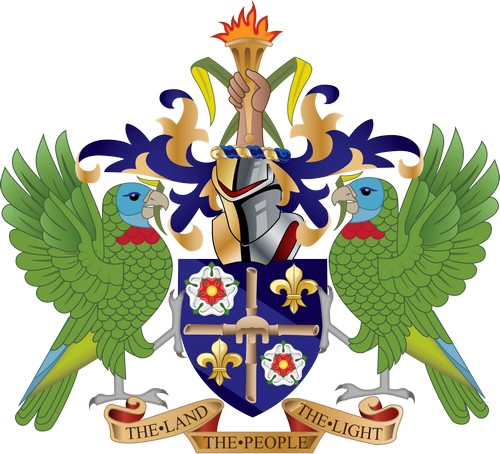
Saint Lucia
Department of Forest and Lands Resources Ministry of Agriculture, Fisheries, Physical Planning, Natural Resources and Co-operatives
Support for the implementation of research, management and communication activities at the local level
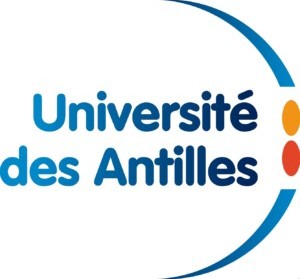
Université des Antilles
Support for scientific expertise and training of students and technical staff
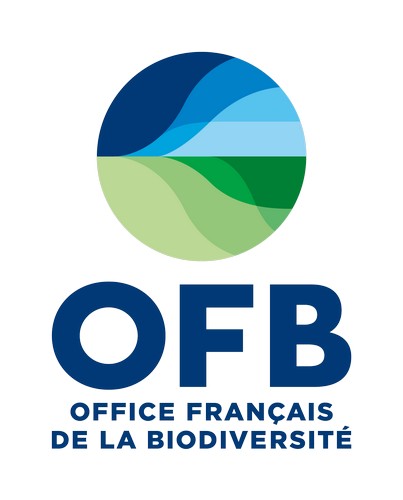
Office Français de la Biodiversité
Technical support, link with administrative authorities

National Museum of Natural History
Support for scientific expertise and training of students and technical staff
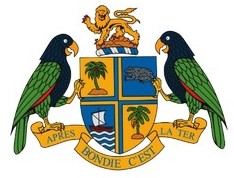
Government of Dominica
Forestry, Wildlife and Parks Division
Support for the implementation of research, management and communication activities at the local level
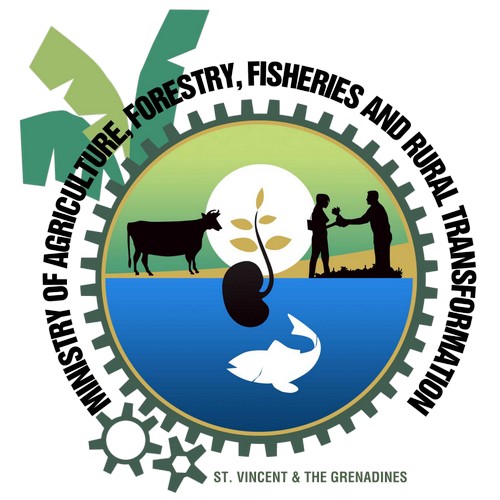
Saint Vincent and the Grenadines
Forestry Department, Ministry of Agriculture, Forestry and Fisheries
Support for the implementation of research, management and communication activities at the local level
Scientific committee
The scientific committee consists of scientists and representatives of all the project partners. Its role is to ensure the smooth running of the project. It allows the implementation of appropriate methodologies, the analysis of results and their valuation. The scientific committee also ensures the academic training of certain participants (Master and PhD students, technical staff).
Steering committee
The project steering committee is made up of the President, the Program Director, the administrative secretary of the association, and the communication manager from Caribaea Initiative, as well as managers designated by each of the other partners. Its role is to ensure the proper execution of the project, in particular by ensuring the management and coordination of finances and communication activities.
Learn about invasive exotic reptile species
Newsroom
7 December 2023
To come: project restitution meeting
The MERCI project comes to an end. To conclude this ambitious and significant project in many...
12 October 2023
Exotic turtles in Guadeloupe: An under-studied threat to biodiversity
Guadeloupe is home to a variety of ecosystems populated by a rich and unique biodiversity. But, as...
Presentation of the MERCI project (video)

The MERCI project is coordinated by Caribaea Initiative, an international NGO that develops research and education projects for the conservation of biodiversity in the Caribbean.

The MERCI project is co-funded by the INTERREG Caribbean program under the European Regional Development Fund (FEDER).

The MERCI project, acronym for ” Managing Exotic Reptiles on Caribbean Islands”, aims to study invasive exotic reptiles in order to adapt management measures.
- Contact : merci-project@caribaea.org
- Legal notices

